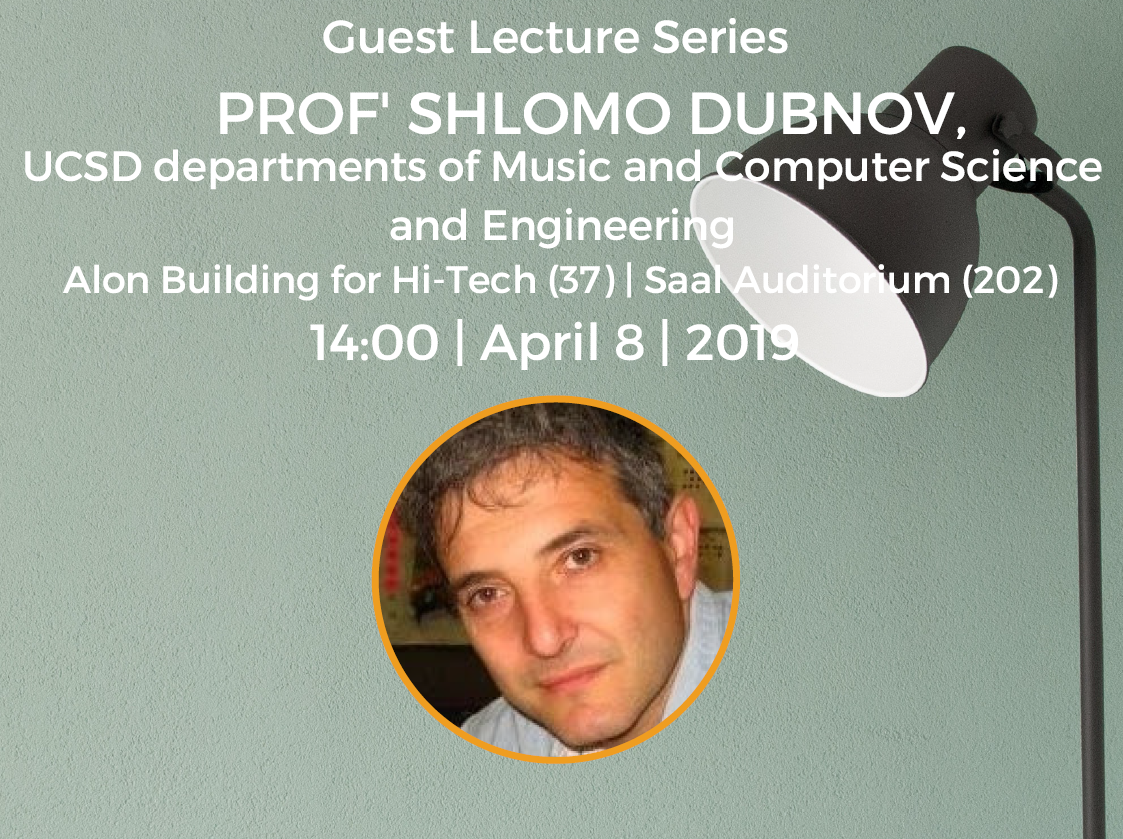
Abstract:
Procedural content generation (PCG) is the process of using algorithms for automatically generating content in computer graphics, music and video games. With the advent of deep learning, generative methods hold the promise to be among the hottest topics in content generation applications of AI.
In the talk, such creative aspects of using machines will be viewed in the context of neural free energy minimization principles that allow finding commonalities between learning and creative psychology theories. Moreover, the relation between optimization and generalization aspects in machine learning can be viewed as information bottleneck behavior as the models go through phases of search and compression, a situation that has parallels to divergent and convergent phases in creative processes.
One of the difficulties in this research is the lack of objective quality evaluation that would allow more informed choice of models and their hyper parameters. Recently researchers started applying methods of information dynamics for analysis of the output of such generative models. In the talk I will survey search-based recombinant procedural methods for content generation and compare them to deep models, and will describe recent work on combining variational and recurrent networks for music that result in better statistical resemblance to training data without recopying or overfitting.
Bio:
Shlomo Dubnov is a Professor in the Music and Computer Science departments and is a founding member of the Halıcıoğlu Data Science Institute at the University of California San Diego (UCSD). He is a graduate of the Rubin Music Academy in Jerusalem in composition and holds a doctorate in computer science from the Hebrew University.
He served as a researcher at the world-renowned Institute for Research and Coordination in Acoustics/Music (IRCAM) in Paris and was a visiting Professor in KEIO University in Japan and University of Bordeaux, France. His research on machine learning of musical style led to development of the field of machine improvisation and initiated a new growing area of musical information dynamics that uses statistical tools to model music cognition and computational creativity. Currently Dubnov is serving as a director of the Center for Research in Entertainment and Learning at UCSD's Qualcomm Institute where he leads a lab on immersive and extended reality environments, and teaches in the Interdisciplinary Computing in the Arts program.